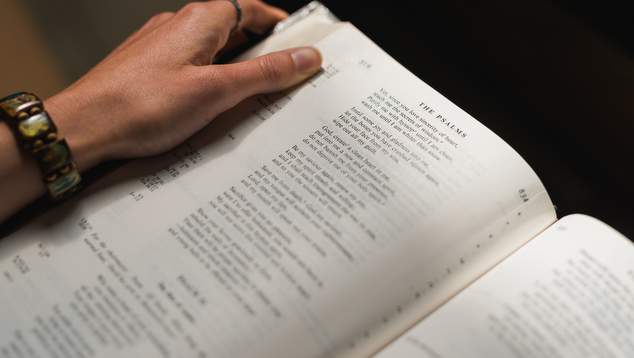OPINION: Alastair Lawrie is Senior Policy Officer at Public Interest Advocacy Centre
Anti-discrimination laws have an increasingly important role to play in our modern, pluralistic society. They support the ability of people to get on with their lives, free from the threat of mistreatment in employment, education and the delivery of goods and services. They underpin our ideals of equality, and a ‘fair go’ for all.
People of different faiths, and no faith, deserve the same protections that other groups currently enjoy under the Racial, Sex, Disability and Age Discrimination Acts. Which is why a well-crafted Religious Discrimination Bill would have been a welcome development.
Unfortunately, the exposure draft legislation released by Attorney-General Christian Porter is not such a Bill.
Rather than simply including religious belief, and lack of belief, as protected attributes for the purposes of anti-discrimination law, the Religious Discrimination Bill privileges religious belief over other, equally important, rights, and undermines existing Commonwealth, State and Territory laws.
The clearest example of this imbalance is found in section 41, which provides that ‘statements of belief’ expressing religious views override all other discrimination provisions, as well as specifically overriding protection from humiliation, intimidation and ridicule in section 17(1) of the Tasmanian Anti-Discrimination Act 1998, and any other law the Attorney-General chooses to include in future regulations.
The only limitations on this are where those statements are malicious, are likely to harass, vilify or incite hatred or violence, or promote or encourage conduct that constitutes a serious offence.
That leaves incredibly wide scope for individuals to make otherwise discriminatory written or verbal statements against others, so long as it is done ‘in good faith’ and is reasonably ‘in accordance with the doctrines, tenets, beliefs or teachings’ of their religion.
In practice, the Religious Discrimination Bill could allow an employee to tell a gay or lesbian colleague in the staff lunchroom that their sexual orientation is sinful and they are going to hell. It could permit an employer to tell a transgender job applicant that they believe simply being transgender is wrong and therefore deliberately ‘deadname’ and misgender them.
The Bill, if passed, could allow a lecturer to tell a student who is a single mother, in front of a packed lecture theatre, that children should not be born out of (cisgender heterosexual) wedlock, or an accommodation provider to inform a de facto couple making a booking that god does not approve of their relationship.
The list of everyday situations where people could be subjected to these unprovoked ‘judgements’ on the basis of who they are is potentially endless. The list of groups who could be adversely affected is almost as long.
But their options to seek redress will be short. They would no longer be able to seek the support of the Australian Human Rights Commission (AHRC), or state and territory discrimination bodies. Nor would employees be able to access the Fair Work Commission.
Instead, their sole avenue for redress is likely to be the organisation’s HR department, or, in the case of goods and services, to file a customer complaint. That’s all: their level of protection will be only as good as the employer or business’s policies and procedures, and will therefore vary greatly from place to place.
However, if an employer or organisation wants to ensure that all employees and customers are treated with respect, irrespective of sex, sexual orientation, gender identity or relationship status, and seeks to impose restrictions on such comments inside their workplace or business, they are the ones who could be on the receiving end of an anti-discrimination lawsuit, alleging indirect discrimination on the basis of religious belief.
That’s right, while women, LGBTI people, single parents, de factos and divorced people won’t be able to complain about comments they receive, the people making derogatory statements will be able to argue to the AHRC that any attempt to impose restrictions is itself an unreasonable condition or requirement.
Maybe this double-standard is exactly what people arguing for ever greater ‘religious freedom’ want. Perhaps it is even what at least some within the Government intend. But surely it is not what the Australian community expects. And it is not what we deserve.








